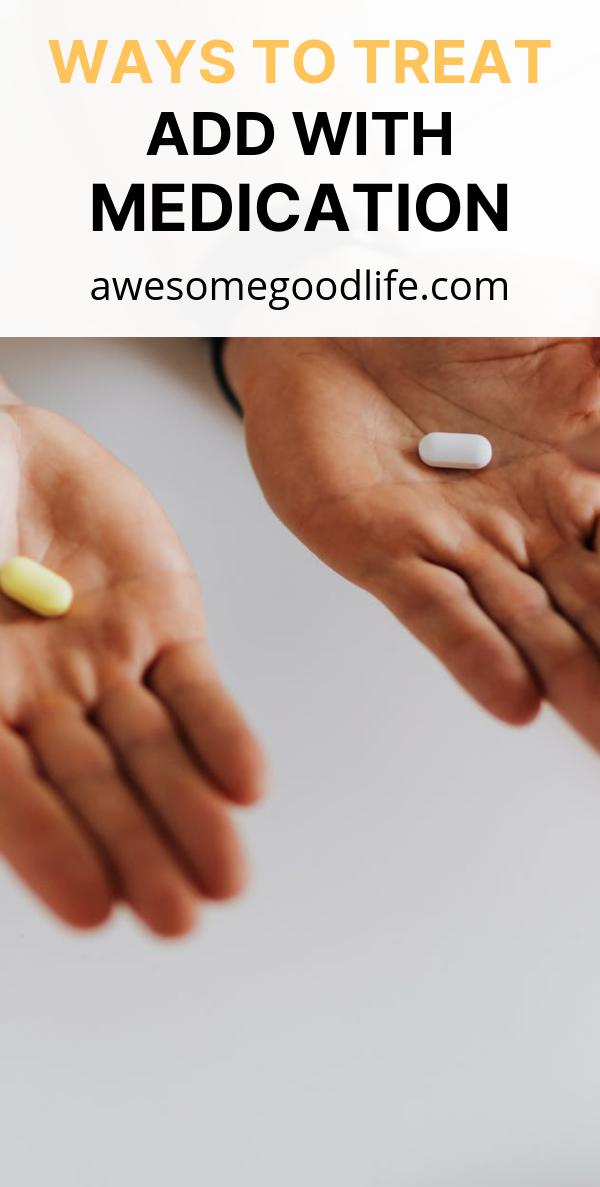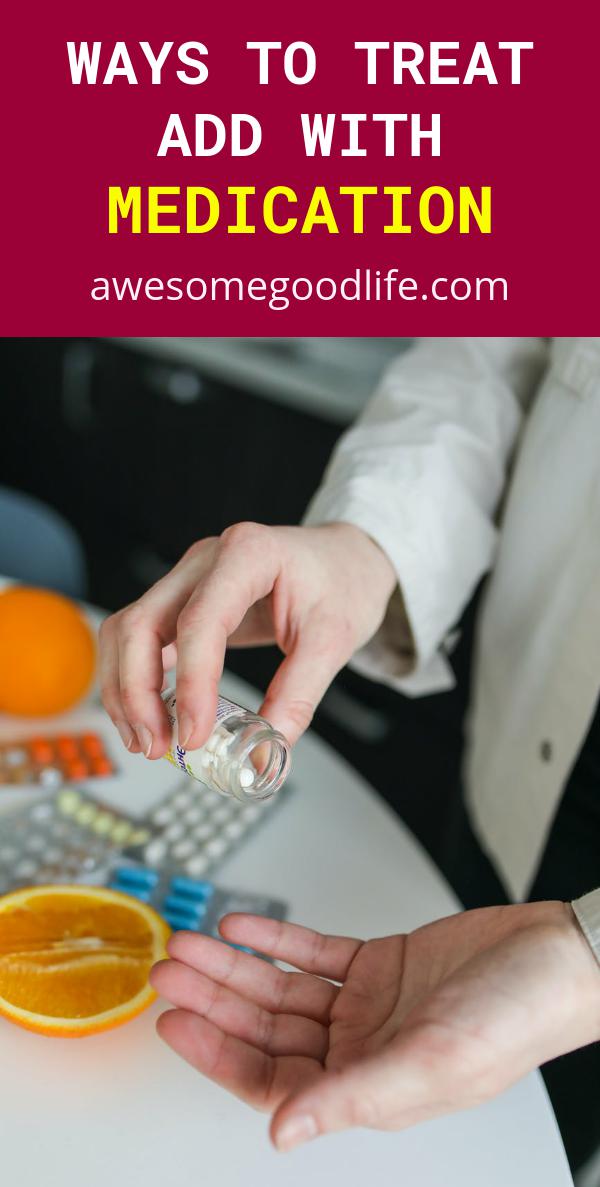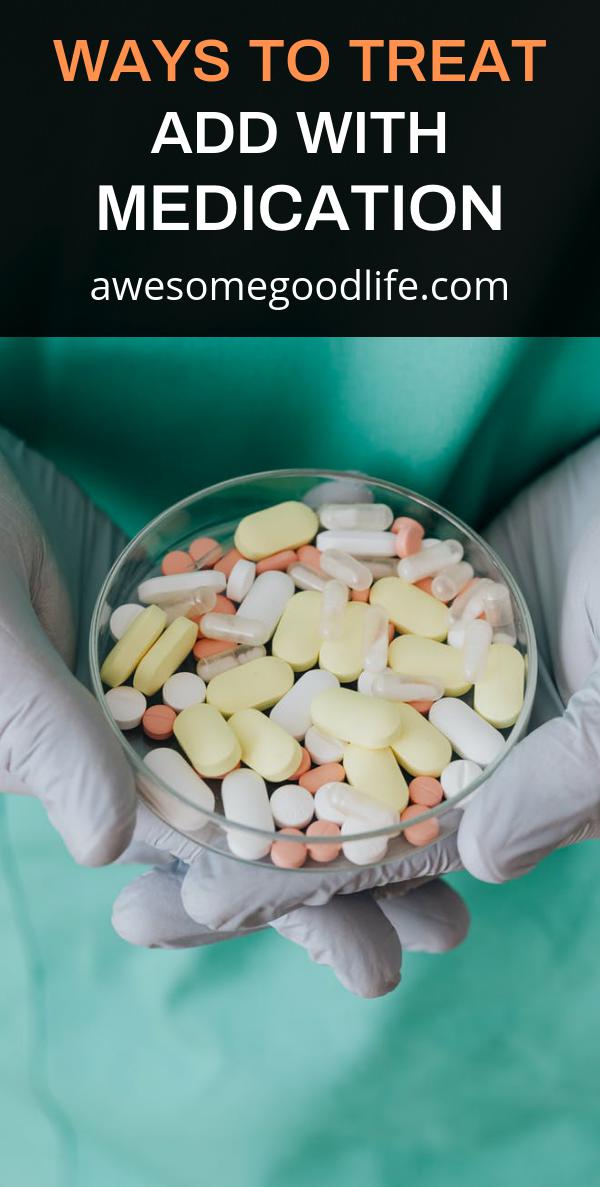Medication has long since been the cornerstone for treating Attention Deficit Disorder. There are several medications on the market and their effectiveness is rarely in question; however, they do not come without their side effects and criticisms.
The most common medication is methylphenidate, more commonly known as Ritalin and Concerta. Other stimulant medications are pemoline, known as Cylert; dextroamphetamine, known as Dexedrine and Dextrostat; and d- and l-amphetamin racemic mixture, known as Adderall.

Stimulant medications would typically make a person more active; however, with Attention Deficit Disorder, it has a calming effect. Therefore, it quiets impulsive and disruptive behavior quickly and effectively. For this reason, many teachers and parents sing its praises. However, this is only a treatment and not a cure for Attention Deficit Disorder. Ultimately, it is a temporary form of relief.
Other types of medicine sometimes used to treat ADD include atomoxetine, known as Stratera; buproprion, known as Wellbutrin; clonidine, known as Catapres; imipramine, known as Tofranil; and desipramine, known as Norpramin.
However, Stratera was recently the subject of a public health advisory issued by the Food and Drug Administration. The FDA issued a statement saying Stratera was linked to increased suicidal thoughts among children in an extensive study. This, of course, should be of great concern to parents, as well as doctors treating a child with ADD.
Side effects that are common with these medications include loss of appetite, stomachache, headache, insomnia, fast heartbeat, vomiting, and chest pain. Many of these effects can be reduced or eliminated with the lowering of medication dosage, eliminating doses close to bedtime, and taking medication with food.

Due to the possible side effects, as well as the negative connotation surrounding over-medicating children, there are a lot of people against administering medication for ADD. However, this may also be due to the misconception that ADD is not a real disorder and is a parent’s way of getting out of controlling or disciplining their child. This, of course, is not true and such unfounded opinions should not be considered in seeking a treatment course for your child. Professional advice will prove too much more helpful in making sound decisions for your child and your family.
It should also be understood that, while medication may be effective, it is not a cure for ADD. Many doctors suggest using medication in conjunction with behavioral therapy to achieve the full benefit of both treatment methods.





